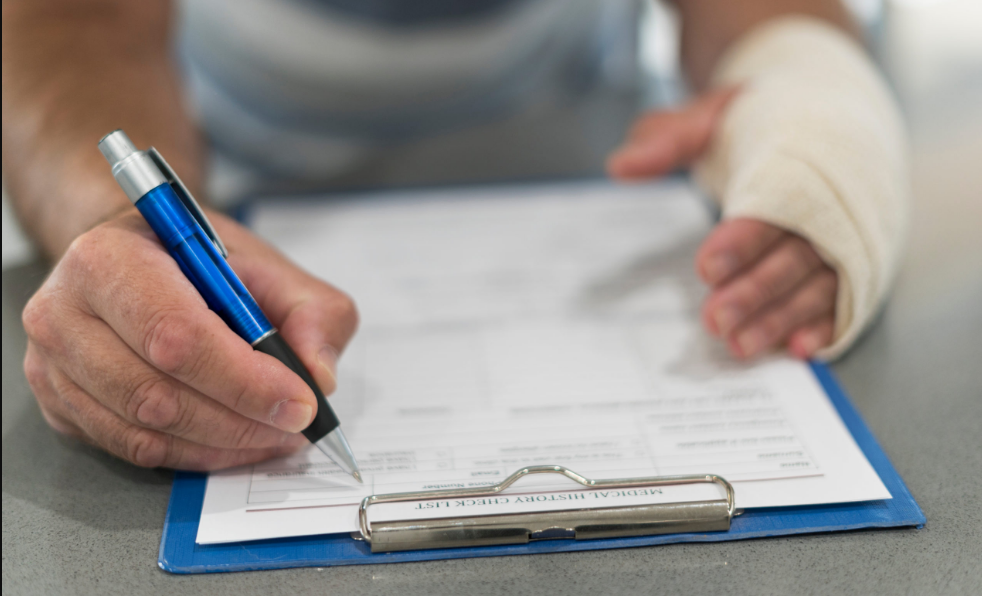Product liability cases are a type of personal injury case that arise when a product is defective and causes harm to a consumer. In these cases, a personal injury lawyer must demonstrate that the manufacturer or seller was negligent in producing or distributing the defective product. In this article, we will explore the role of negligence in product liability cases and how lawyers help their clients obtain compensation for harm caused by defective products.
What is Product Liability?
Product liability refers to the legal responsibility of a manufacturer or seller for harm caused by a defective product. A defective product can be one that is designed, manufactured, or marketed improperly. The harm caused by a defective product can range from minor injuries to death, and can occur in a variety of settings, such as at home, at work, or in public spaces.
Negligence in Product Liability Cases
Negligence is a legal concept that plays a crucial role in product liability cases. In order to establish liability, the personal injury lawyer must show that the manufacturer or seller was negligent in producing or distributing the defective product. This may involve demonstrating that the defendant failed to take reasonable steps to ensure the safety of the product or failed to adequately warn consumers about the risks associated with the product.
Duty of Care in Product Liability Cases
In product liability cases, the manufacturer or seller owes a duty of care to consumers to ensure that the product is safe for its intended use. This means that the product must be free from defects and must not pose an unreasonable risk of harm to consumers. The personal injury lawyer must demonstrate that the manufacturer or seller breached this duty of care by producing or distributing a defective product.
Breach of Duty in Product Liability Cases
To establish breach of duty in a product liability case, the personal injury lawyer must show that the manufacturer or seller failed to take reasonable steps to ensure the safety of the product or failed to adequately warn consumers about the risks associated with the product. This may involve analyzing industry standards, regulations, or best practices to show that the defendant failed to meet the applicable standard of care.
Causation in Product Liability Cases
In order to establish liability in a product liability case, the personal injury lawyer must also show that the defect in the product caused the plaintiff’s injuries. This may involve ruling out other potential causes of the harm, such as pre-existing conditions or other injuries. The lawyer may use evidence such as witness testimony, medical records, and accident reports to demonstrate the link between the defect and the harm suffered by the plaintiff.
Proving Negligence in Product Liability Cases
To establish negligence in a product liability case, the personal injury lawyer must show that the defendant had a duty of care, breached that duty, and caused the plaintiff’s injuries. This requires careful investigation and analysis of the evidence, and may involve consulting with experts in various fields. The lawyer may use evidence such as design specifications, manufacturing processes, and marketing materials to show that the defendant failed to meet the applicable standard of care.
Conclusion
Product liability cases can be complex, and require the expertise of a personal injury lawyer who is experienced in handling these types of cases. By carefully investigating the evidence, analyzing industry standards, and consulting with experts, lawyers can build strong cases that demonstrate the defendant’s breach of duty and establish causation. This allows them to hold the responsible party accountable for their actions and obtain the compensation their clients deserve. If you have been injured by a defective product, it is important to seek legal advice from a personal injury lawyer who can help you understand your rights and options.

